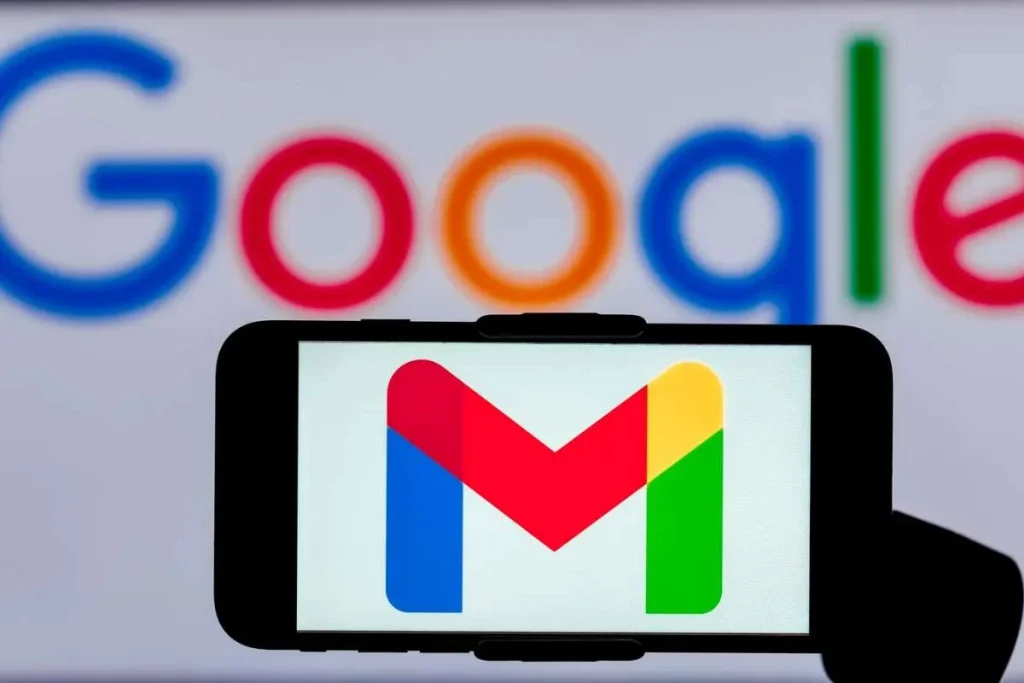Imagine millions of digital keys to your online world suddenly exposed to hackers. That’s the reality of a colossal data leak that surfaced this month, dumping 183 million unique email addresses and passwords into the dark corners of the internet.
Cybersecurity watchdogs label it one of the largest credential exposures ever, with tens of millions tied to Gmail accounts alone.
The 3.5 terabytes of stolen data didn’t stem from a single hack but from a year-long harvest by infostealer malware sneaky software that silently snags logins from infected devices worldwide.
This isn’t a one-off disaster; it’s a wake-up call. The breach highlights how malware lurks in phishing emails, bogus downloads, or shady browser extensions, grabbing credentials before you even notice.
For Gmail users, the hit is especially alarming 16.4 million of these passwords are brand new, meaning they’ve never appeared in prior leaks. If you’re one of them, your inbox, bank, or social media could be the next target.
How the Data Was Stolen and Spread
Experts who sifted through the chaos found it originated from criminal forums and hidden Telegram groups, where thieves swap stolen goods like underground merchants.
Most entries (about 92%) recycle old breaches, but the fresh ones pack the real punch. When researchers tested some, they discovered passwords still worked, proving the data’s potency for credential stuffing hackers using one login to crack dozens of sites.
The fallout? It’s not just emails. People often reuse passwords across platforms, turning a single leak into a domino effect of hacked bank accounts, social profiles, and work tools.
“This isn’t just a leak it’s a blueprint for chaos,” one analyst noted. “Hackers now have ammunition for years of attacks.”
The data’s spread underscores a grim trend: malware infections hit unsuspecting users daily, turning everyday devices into unwitting spies.
Gmail Users: You’re Not Hacked – But Act Fast
Here’s the good news: Gmail itself wasn’t breached. Google clarified that the exposed info came from malware on user devices, not a flaw in their servers. Still, the risk is real if your password’s in the wild, attackers could try it on your Google-linked apps, from YouTube to Drive.
Google urges:
- Enable 2-step verification – adds a second lock to your door.
- Switch to passkeys – passwordless tech that’s harder to crack.
- Run a security checkup – Gmail flags weak or reused passwords automatically.
How to Check If You’re Exposed
Don’t panic verify first. Head to HaveIBeenPwned.com, type in your email, and scan the results. If it pops up, change your password immediately. Use a unique, strong one for each site, and grab a password manager like Google’s built-in tool or a third-party app to keep track.
Antivirus software? Update it now. Only download from trusted sources, and spot phishing by hovering over suspicious links. These steps aren’t bulletproof, but they slash your risk dramatically.
Why This Matters and How to Stay Safe
This leak isn’t isolated; it’s part of a rising tide of malware-driven thefts. With billions of accounts at stake, complacency is the real enemy.
“Reuse passwords, and you’re handing hackers a master key,” warns a security pro. “Strong, unique ones plus multi-factor auth? That’s your shield.”
For Gmail holders, it’s personal: your emails hold life stories, work secrets, and more. A breach here ripples everywhere. But knowledge is power check, change, and secure today.
Stay vigilant, stay safe. Your digital life depends on it.
Check your email now at HaveIBeenPwned.com! What’s your first step? Share below.






